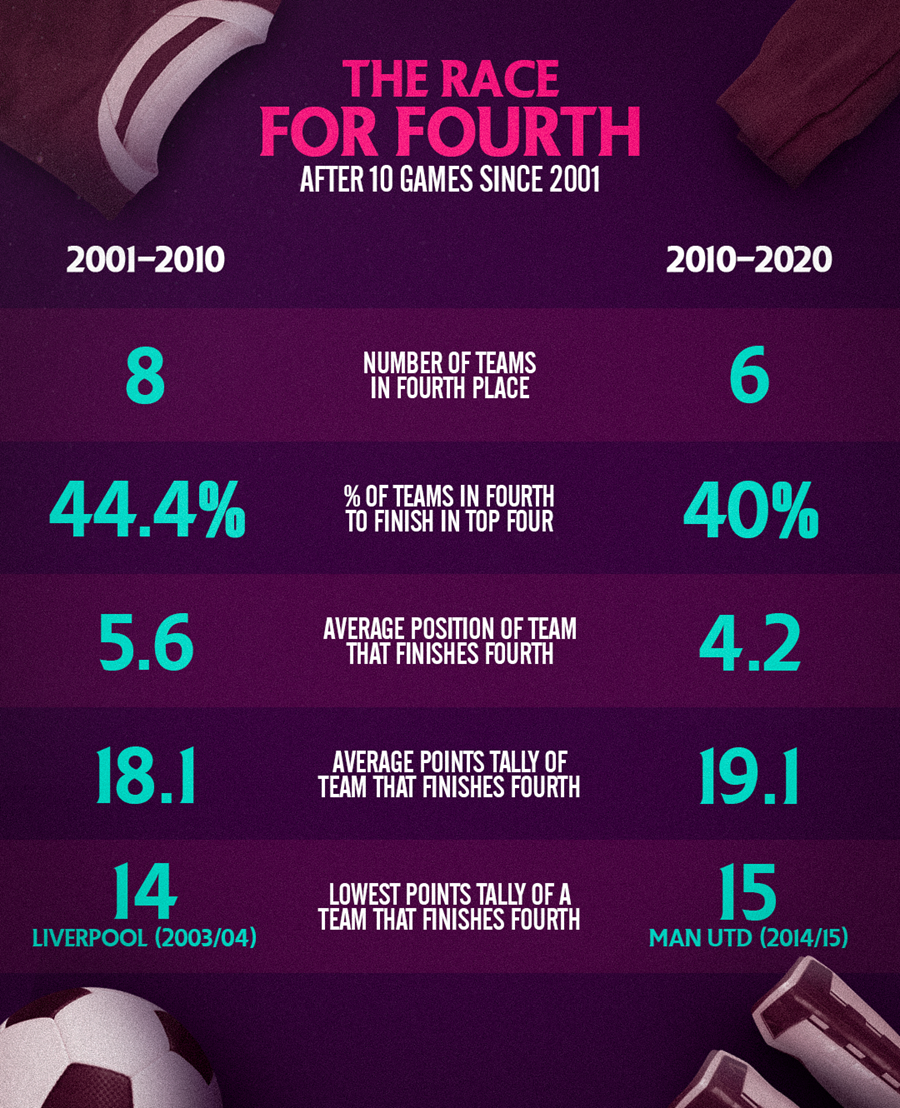Chelsea have put the cherry on the cake in the summer transfer window by signing German international, Kai Havertz.
Although it might not be the end of signings at ‘The Blues’ headquarters in the offseason, the arrival of a 21-year-old attacking midfielder from Leverkusen only increased a series of expensive signings since the club was taken over by Roman Abramovich in 2003.
Does this guarantee a Premier League title or is there something else that also matters? Perhaps, something that has to do with the playing rhythm throughout the season?
The last 28 years of English top-level football, aka ‘the Premier League era’, is treated for a reason as a separate entity that differs from what was going on before it. Reasons for that are numerous: from the infrastructure, organization, finances, foreign influence through coaches, players, and owners…
Let’s not forget one more argument that, maybe, affected the nature of modern football in England, but also across Europe, the most since 1992 – the super-club phenomenon – to which Chelsea definitely belongs. Thanks to profit assembled from commercial deals and their Champions League participation, most powerful teams dominate their respective national leagues.
As a result, since the mid-2000s, there’s a gap between the best and the rest in the Premier League and it widens rapidly. The fast start to the season was something that super-clubs had to have in order to make a distinction between each other and top the competition by the end.
What pattern did two of Chelsea’s titles in a row bring?
A new pattern was established by ‘The Blues’ and even the Manchester United renowned head coach Alex Ferguson pinpointed it. He stated once, actually in 2012, that two of Chelsea’s titles in a row changed the pre-season approach of his team but also other title contenders, putting a slow start to the season and accelerating it in the second half to history.
Taking over Chelsea by Abramovich and appointing José Mourinho was a turning point. The Portuguese expert realized that a fast start to the season is more important than it has previously been recognized. His squad assembled 23 points in the first 10 matches of 2004/05. In a second title that followed a year later, Chelsea won nine of the first 10 matches in the season.
So, instead of building up to the second half of the season, the ‘trendsetters’ from London usually allowed themselves a drop-off in the second half of the season. But, the stock they had thanks to a furious beginning of the season, couldn’t be harmed by dropping points in seven of their last 16 league games.
This template with Mourinho’s trademark has repeated in 2014/15. On the way to the Premier League title, ‘The Blues’ put 26 points on the board after 10 matches before letting go points in eight of their last 20 encounters.
Study backs up Chelsea’s pattern
Statistically, eventual Premier League champions had the average points tally after 10 games between 1992 and 2003 of 20.8. After that, it was 24. Studies say that even the number of leaders in the first 10 rounds has changed in the period before 2003 and after. Before, that number was 7. Afterwards, it’s 5.
Fighting for the top four that guarantees a spot in the Champions League isn’t so much different than the title battle. Here it’s also important to be at the best in the first 10 games. Periods in which the data was examined when it comes to this are different because a starting year is a year when England for the first time had four clubs, the ‘Big Four’, in the Champions League – which was 2001/02.
The ‘Big Four’ turned into ‘Top Six’ in 2010. Chelsea belongs to both. No side that has been fourth after 10 games have finished any lower than sixth. Only six teams managed to be placed fourth in the charts in the first 10 games since 2010, while that number was eight before 2010. The average points tally of the clubs that finished fourth in the first 10 games is 19.1 since 2010. Between 2001 and 2010, it was 18.1.
This clearly shows how much effort it’s necessary to make in the opening 10 games in order to in contention for a Premier League title but also for a top-four spot in the table. To conclude, just 10 games of the 2020/21 campaign will be enough to assume how the title battle and battle for a Champions League will look by the time season ends in May.

READ MORE: Top 5 Players Chelsea Could Sign In 2020












